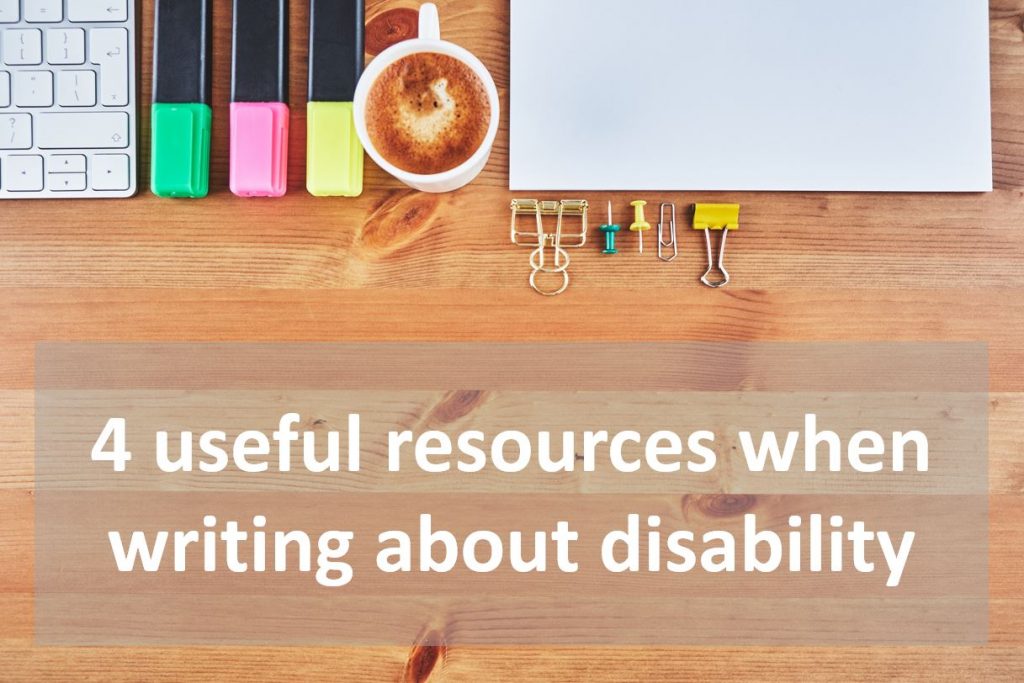
Following the SRA’s report Reasonable Adjustments in the Provision of Legal Services, about improving accessibility for clients, Sue Bramall, managing director of Berners Marketing has collected some useful resources for law firm marketing teams, editors, copywriters and legal authors who might need to write about disability.
The Solicitors’ Regulation Authority (SRA) has turned its focus onto the need for law firms to improve access for clients and to ensure that information about accessibility is communicated in a helpful way on law firm websites.
YouGov make several recommendations regarding the provision of information, including:
Writing marketing copy for any client communications and a website (including internet search engines) is a different skill to drafting a contract. Understandably, many lawyers find it difficult to swap to a different style of writing and struggle to embrace the requirements of search engine optimisation.
The SRA recommend the following, which are all standard skills of a good copywriter:
Given these recommendations, I was surprised to see that there was no mention of language to use or avoid when speaking or writing about disability. A Mark Twain wrote:
The difference between the right word and the almost right word is the difference between lightning and the lightning bug.
This is a huge area, with many thousands of words of discussion about this on the internet, and a seemingly ever-changing list of unacceptable phrases.
Some language is considered insulting, offensive, a slur, or ableist – there is a helpful (and often updated) article by Lynda X.Z. Brown on her blog AutisticHoya.com ‘Ableist words and terms to avoid’.
Some resources which legal authors may find useful include:
Sadly, many writers take a tone which portrays someone with a disability as a burden. The Centre for Disability Rights guide highlights how ‘it is often assumed, both explicitly and implicitly, that it is better to be dead than disabled. Having a disability is regarded as an ultimate tragedy that destroys a life, rather than a natural part of life and a legitimate way to live’.
For example, avoid the insensitive use of phrases such as describing someone as a ‘dementia sufferer’ rather than someone who ‘has’ or who ‘lives with’ dementia, or saying someone is ‘wheelchair-bound’ when they are a ‘wheelchair user’.
Little things make a difference, but that has always been the case when it comes to etiquette and superlative client care – we all appreciate thoughtfulness and consideration.
You can also read this article on the Berners Marketing website by clicking here.